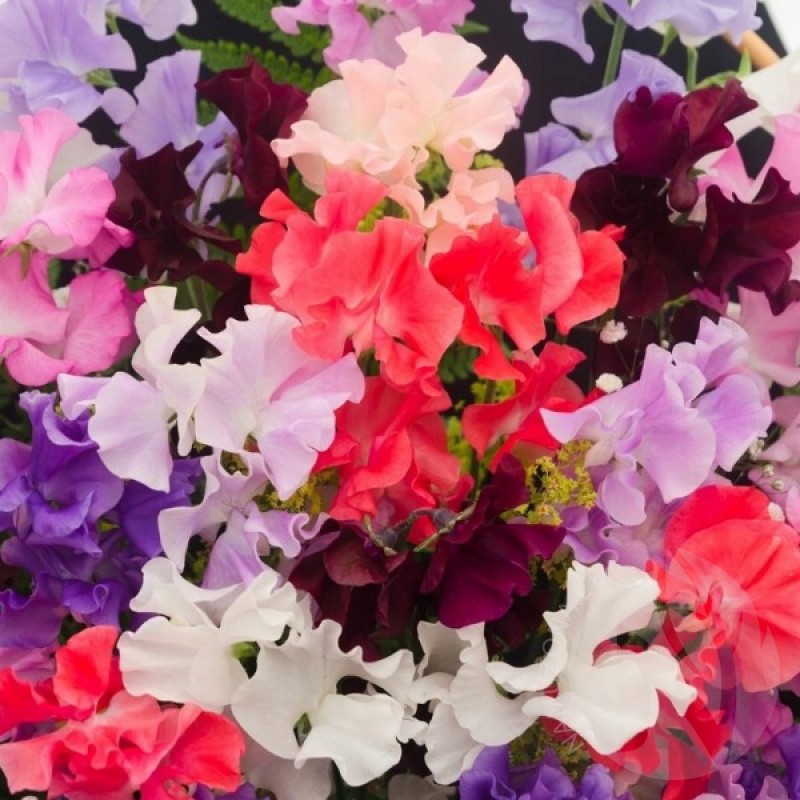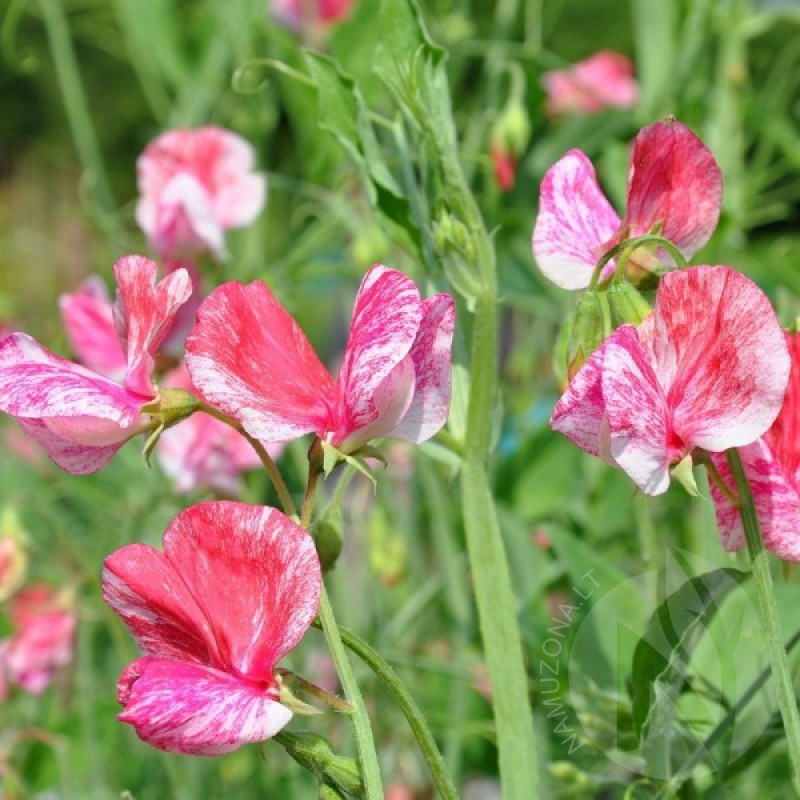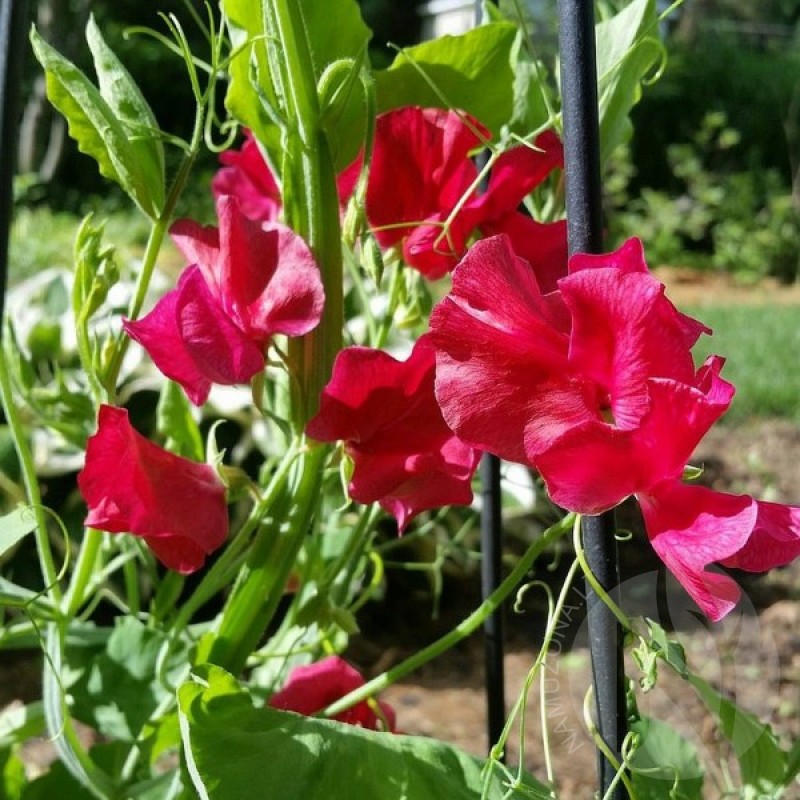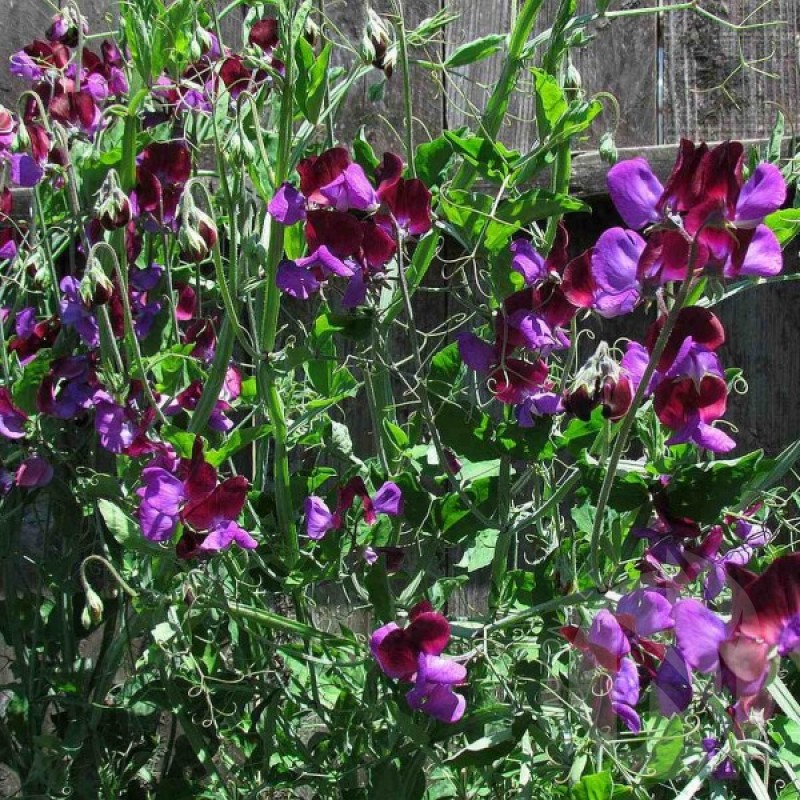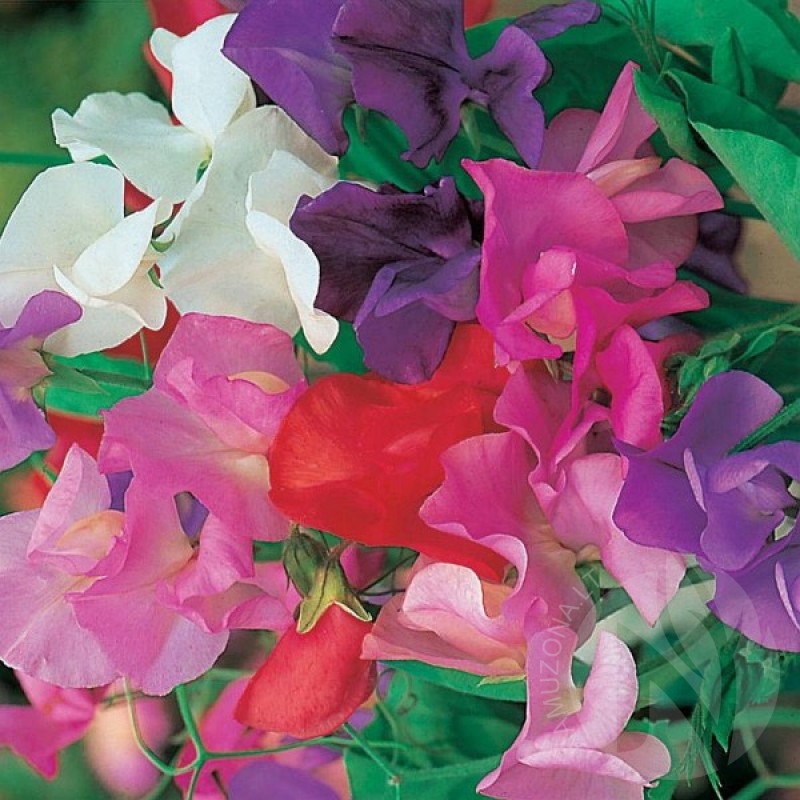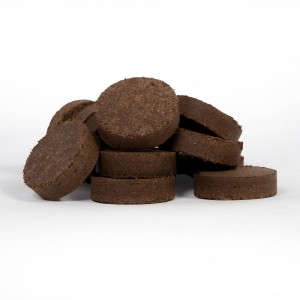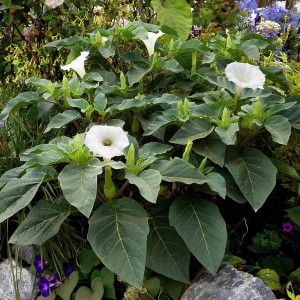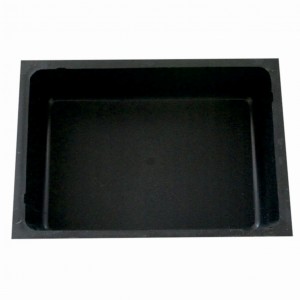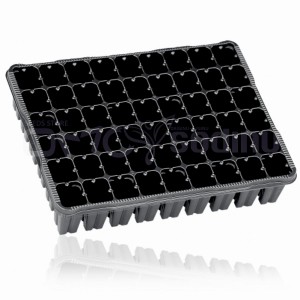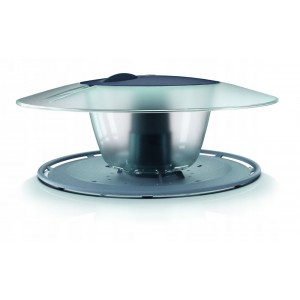
PAY ATTENTION!
All seeds (except SOLD OUT) are available for immediate shipping and will be dispatched within 1-2 business days.
INFORMATION NEEDED? PLEASE CONTACT US NOW!
Annual plant with strong climber growing up to 2.5 meters.
It creates a mass of long-flowering and pleasantly smelling original light blue flowers. Blooms from June to September.
Perfect for covering fences, balconies, porches, cut flowers. It grows best in a sunny position in permeable, calcareous soil.
Approximately 15 seeds in 1g packet.
Genus - Lathyrus
Species - Odoratus
Variety - Old Spice Countess Cadogan
Common name - Sweet Pea
Pre-Treatment - Not-required
Hardiness zones - 3 - 10
Height - 2,50 m
Spread - 0,20 m
Plant type - Annual Flower
Exposure - Full Sun, light shade
Growth rate - Fast
Soil PH - Acid, neutral, alkaline
Soil type - Loosy, deep, chalky soil with even supply of water
Water requirements - Average, Well Draining
Landscape uses - Borders, beds, balcony containers, cutting
Bloom season - June - September
Leaf / Flower color - Green / Light blue
GERMINATION INSTRUCTIONS
1. Choose a site in full sun with rich, well-drained soil.
2. Soak sweet pea seeds in warm water for 2 to 6 hours before planting.
3. Plant seeds in early spring, as soon as the soil has thawed thoroughly (March to April). Soil temperatures and moisture levels vary widely at this time of year - if you don't see any seedlings after a week or so, replant. The best sowing time - from February inside to May outside.
4. Once seeds have germinated, thin plants so that they stand 15-20 cm apart.
5. Provide support for your sweet peas to climb (unless they're the dwarf, bushy types that need no support) - they can grow up to 1,50 m tall. Good support candidates include netting, trellises, arbors, fences and string supports.
6. Keep soil evenly moist. Mulching is a good idea.
7. Trim or pinch faded flowers to promote longer blooming.
8. Fertilize every two to four weeks, or work in a slow-release fertilizer at planting time. Sweet peas are heavy feeders.
9. Tear out and discard plants after heat arrives and they begin to look ratty.
Info source: eHow.com
No questions about this product.

